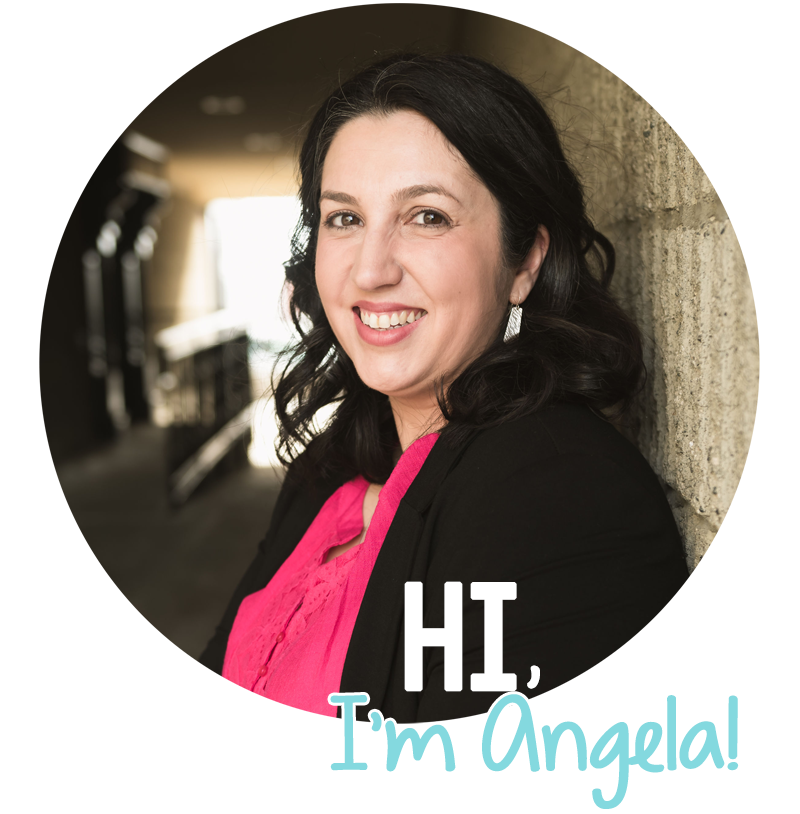The staff at my new school decided at the end of last year to do a book study this year. The book they’ve chosen is “Calm, Alert and Learning” by Stuart Shanker. Shanker is a self-regulation expert. I’ve read this book before, but it’s been a while. I’m hoping that this book study helps me become a bit more focused and I can take more away from it the second time around. We will be meeting to discuss each chapter, but lets face it, I can’t remember what I ate for dinner last night. I’m recording my thoughts here and I hope they can benefit you as well. Today I’m talking about the Introduction.
This quote grabbed me right away. It’s literally in the second sentence! I agree completely with this statement. In my experience, students who are able to self-regulate consistently do better than those who can not. It makes sense – if you can not regulate your body, you aren’t focusing on the learning. Clearly then, this is something we hope to be able to improve in all students.
Stuart states that there are five domains that link together in regard to self-regulation. Each domain gets its own chapter, but a brief run-down of each is given in the introduction.
1. The Biological Domain
This domain has to do with energy level in the nervous system. Shanker says that energy level can be a factor in how children respond to stimuli in their environment.
The example that I connected with most was that of students unable to sit for long periods of time in the hard classroom chairs. I hate those darn things!! I try to allow kids to work around the room: standing, sitting, even laying down. I have a class set of clipboards which means there is no need for a desk. Though unfortunately, for some with self-regulation issues, this opens up a whole new set of distractions….
The other point I need to be conscious of is that those who are clicking a pen, jiggling their feet or doodling are self-regulating. These actions are helping them remain calm and alert. I guess the trick here is to find something for them to fidget with that isn’t so annoying to the rest of us! I’m hoping to find more about this in Chapter 1.
2. The Emotional Domain
This one is pretty self explanatory – he’s talking about emotions whether negative or positive. Strong emotions can make it challenging for students to even begin to try and self-regulate.
3. The Cognitive Domain
This one might be most important to teachers as it’s the domain relating to attention, problem solving and memory! This immediately made me think of basic fact recall in math. Again, looking forward to some strategies for this.
4. The Social Domain
So many students have such trouble here! Shanker talks about social intelligence and the importance of teaching children social cues. I think I do a lot of this in the beginning of the year as I build my classroom community, but need to integrate more throughout the year.
5. The Prosocial Domain
This relates to friendship, acceptance and empathy. I will be paying close attention to this chapter. I’m thinking back to a student I had in the past with zero empathy. He was possibly my most difficult student to help with regulation. I can see a lack of empathy affecting the other domains. If you are unable to help others (or see a need to do so), you probably don’t put much value on self-regulation at all.
Lastly, I’ll leave you with a quick graphic of the Six Critical Elements to Optimal Self-Regulation. Shanker argues that these span all 5 domains and will help you help your students achieve optimal self-regulation. It doesn’t look like he refers to them in any major way elsewhere (no chapter dedicated to this at least).











Hi Angela,
I love that your school is doing a Book study on this particular book. It is a great read!! I got to meet Stuart Shanker at the Primary Teachers Conference a couple years ago and he autographed this book for me. I have to be honest, I have read "most" of this book but not all. So I am excited to read your posts and refresh myself about what I have read. I really need to pick it back up and finish it. I agree…Self Regulation is soooo important!!
Lauren
I remember when you met him! We'll have to get together and talk about it.